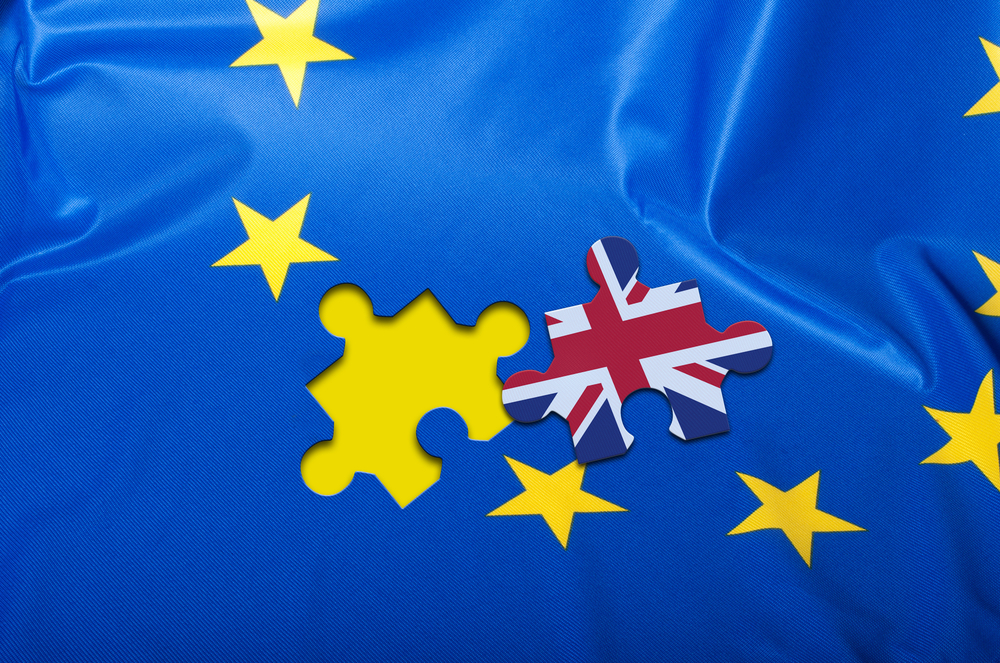Household Bills
Brexit trade barriers could cost households up to £1k each

Depending on which Brexit scenario is adopted, households could face increased costs of nearly £1,000 a year.
According to a report by global management consultancy group, Oliver Wyman, the effect to households of differing trade barriers, and the extent of ‘red tape’ has a marked effect on the costs households face.
The firm looked at five different Brexit scenarios and what this could mean to household spending:
- Significant red tape – increase by £380 (1.6%)
- Moderate amount of red tape – increase by £245 (1%)
- Moderate amount of red tape and increased labour costs – increase by £631 (2.6%)
- Global WTO tariffs, significant red tape, and increased labour costs – increase by £961 (4%)
- Unilateral zero tariffs, significant red tape, and increased labour costs – increase by £613 (2.5%).
Looking at spending on a typical weekly grocery shop, the firm suggested that under the WTO tariff scenario above, this could add £5.50 to bills (£285 a year), while the price of a family meal for four at a high street restaurant would increase by £9. For those buying trainers, they would be £6.75 more expensive.
But the effect of rising costs will vary per household. Oliver Wyman said lower income households typically spend proportionally more of their income on groceries (17% vs 9.4% for the highest earners) so they will actually see overall costs increase by 3% more than higher earners.
In comparison, higher income households spend more on services such as entertainment and hospitality so they’re more affected by a rise in labour costs, such as in the scenario where there is a moderate amount of red tape coupled with increased labour costs. Here, higher earners are expected to pay 4% more than lower earners in the entertainment and hospitality industries.
Oliver Wyman added that any free trade deals would reduce costs by £120-£170 per household, equivalent to a reduction of 0.5% to 0.7%.
How to ease the costs of Brexit
The report stated that in the long run, consumers “will have little choice but to absorb price rises”. But looking at the short-term, it suggested people will need to look to reduce or remove less essential purchases such as holidays.
One positive is that when it comes to essentials such as food, any price rise will mean consumers will shop around for the best prices, particularly useful for lower income families.
But for those sectors that come under discretionary spending, such as restaurants, they’re likely to pass increases on to customers which in turn could lead to a decline in sales.
The draft paper stated: “Each Brexit scenario affects each business sector differently, depending on the composition of those businesses’ cost base. For example, a large proportion of a restaurant’s costs are wages, so these businesses will be more exposed in Brexit scenarios that include increased labour costs as a factor.
“Meanwhile, those selling general merchandise, such as DIY, electronics, and white goods, will be affected more by additional import costs, meaning they will be disproportionately exposed in scenarios where tariffs and non-tariff barriers increase.